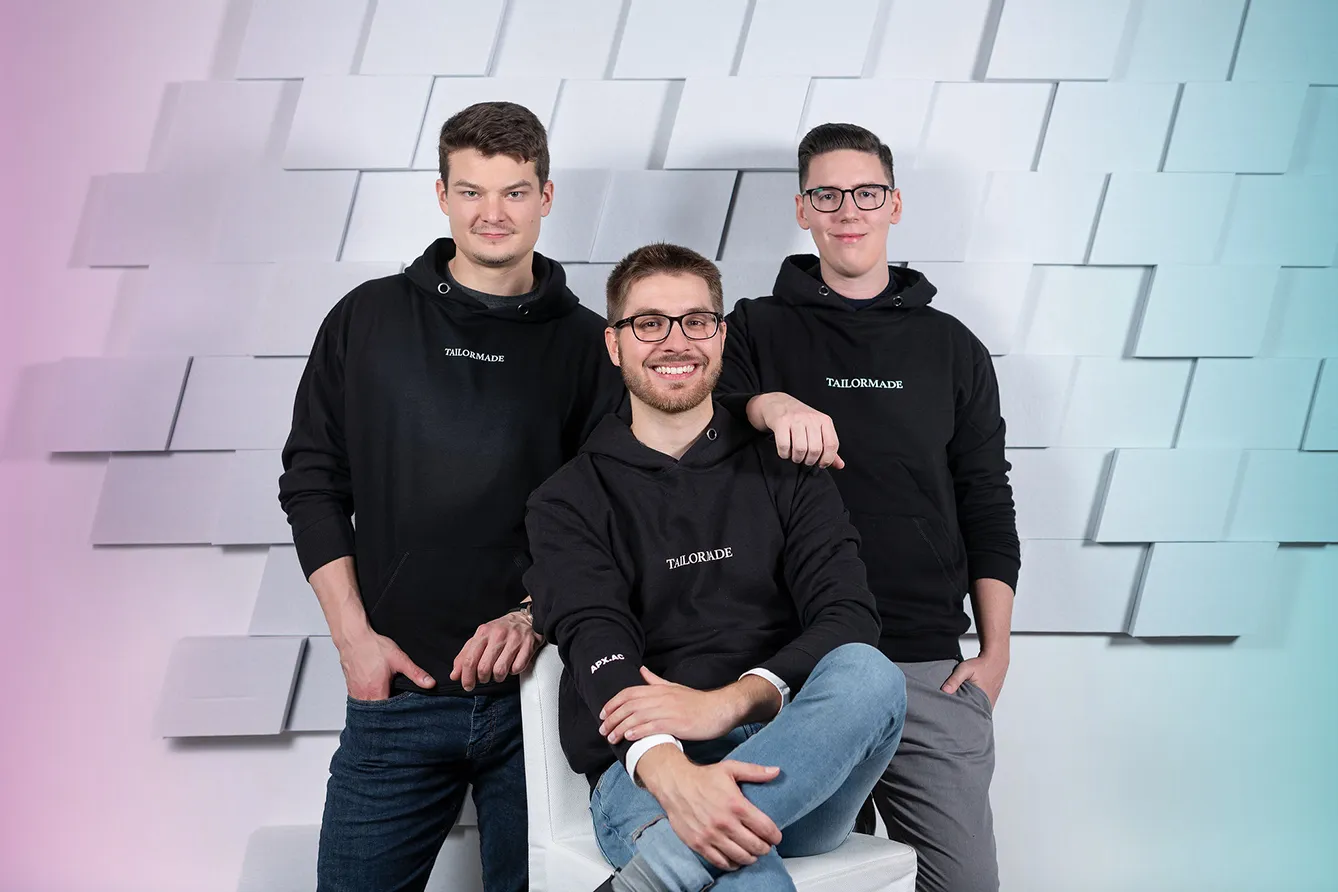Colossyan, founded in 2018, has had a rocket start in the rare field of AI development of synthetic media in which few persons operate… in person, claims the CPO Dominik Kovacs in a recent interview. The key feature it offers is the design of synthetic human-centric videos, which may not seem very common, but are steadily becoming more popular on the market due to lower production costs compared to classic, real-life videos.
How does it work?
When creating the videos, one can input real-life human actors who speak any language. It is made possible by engaging a generative AI in the form of machine learning models that imitate features of the human body, including face, posture, facial movements, voice, and body movements. In practice, one sees a figure of a real human body on camera, either provided by the client or exemplified by the startup staff in the case of videos found on the website. One of the unique features is that the figure can speak in over 70 languages depending on the package. The creation of the video can be completed in a matter of a few minutes.
What is the background story?
Back in 2018, Colossyan started working on a different project. The company wanted to develop technology that would detect deepfake videos. However, during the process, they changed their focus and decided to produce high-quality synthetic videos instead, however, in an ethical manner. This orientation has proven to be financially beneficial, with many clients worldwide showing a preference for synthetic videos. Today, the company has a revenue of around 1.4 million Dollars and has employees as far as Asia and the United States.
So far, Colossyan has undergone four successful funding rounds in Hungary and Germany. What is more important, they have reached state-of-the-art in terms of knowledge in the field, the CPO confirmed. Among the key investors are Day One Capital, Oktogon Ventures, and Patina, he added.
Despite turning away from deepfake video detection, Kovacs warns of the misuses in the field that risk causing harm. For these security reasons, not all data is available as an open source. While investing in the product, it is crucial to have experts on the team, who, despite being very few, help in navigating through the online data. The CPO thinks doing the preliminary research was the biggest challenge in their case.
The future
The future success of Colossyan in the Three Seas Region and beyond depends on the interest in the product, its quality, as well as security challenges. It is expected that the know-how of synthetic media production will be expanded to larger companies and corporations from a few pioneers, such as Colossyan, and a few experts in business hubs and academia. Therefore, the advanced knowledge of Colossyan can be of great importance in the future.
See Also: DeepL’s Translator Bridging Language Gaps Across the Globe







